KUALA LUMPUR, July 13 — Although U.S. President Donald Trump has repeatedly indicated his willingness to reengage with North Korean leader Kim Jong Un, Pyongyang did not send a representative to an Asia-Pacific security forum in Kuala Lumpur attended by U.S. Secretary of State Marco Rubio, Kyodo news agency reported.
Some Korean Peninsula affairs experts do not foresee another summit occurring any time soon between Trump and Kim, who met three times during the U.S. president’s first four-year term through 2021, saying Pyongyang has no incentive to resume dialogue with Washington amid its stronger ties with Moscow.
North Korea last dispatched its foreign minister to the 27-member ASEAN Regional Forum, one of the few multilateral events involving Pyongyang, in 2018. The other ARF members include Japan, South Korea, Russia and the United States.
This year marked the first time for Pyongyang to skip the event altogether since joining the forum in 2000, having previously sent ambassadors in place of its foreign minister.
Malaysia, this year’s ARF chair, and North Korea severed diplomatic ties in 2021 after the murder of Kim Jong Nam, the estranged half-brother of Kim Jong Un, at a Kuala Lumpur airport in 2017.
Atsuhito Isozaki, professor at Keio University, pointed out that North Korea was left frustrated by the three Trump-Kim summits because it did not secure any benefits despite making concessions to the United States, including the suspension of missile launches in 2018 and the release of detained U.S. nationals.
In June 2018, Trump became the first sitting U.S. president to hold talks with a North Korean leader when he met Kim in Singapore, with the two agreeing that Washington would provide security guarantees to Pyongyang in exchange for the “complete” denuclearization of the Korean Peninsula.
But the countries’ denuclearization talks ultimately collapsed when they met again in Hanoi in February 2019, as they failed to bridge the gap between U.S. demands and North Korea’s call for sanctions relief. In June that year, Trump and Kim held a surprise meeting in the Demilitarized Zone dividing the two Koreas.
After signing a partnership treaty with Moscow last year, “North Korea can now freely sell its weapons and deploy troops to Russia,” Isozaki said. “There is no need for North Korea to negotiate with the United States for sanctions relief now.”
Russia, a veto-wielding permanent member of the U.N. Security Council, has procured soldiers and ammunition from North Korea to boost its war efforts against Ukraine, in violation of U.N. sanctions imposed over Pyongyang’s nuclear and missile development programs.
The treaty signed by Kim and Russian President Vladimir Putin in June 2024 includes a provision on mutual assistance if either nation comes under attack. Pyongyang is believed to have received technical assistance from Moscow for its military development in exchange for the troop deployment.
At present, North Korea has “gone all in” on Russia and will not be interested in negotiating with the United States unless Washington makes “huge concessions” such as offering to normalize bilateral diplomatic relations, Isozaki added.
With money flowing from Russia to North Korea to pay for its support in the Ukraine war, Moscow’s full-scale invasion that began in 2022 was “a game changer” for Korean Peninsula affairs, the professor said in explaining how the situation differs from 2018 and 2019 when the previous Trump-Kim summits were held.
Shunji Hiraiwa, professor at Nanzan University, said North Korea may be satisfied with its “win-win” relations with Russia for now, but over the long term he thinks Pyongyang may be eager to negotiate with the United States to achieve the lifting of sanctions and diversify its economic partners.
With Moscow’s support, North Korea can “eke out a living” and choose the path of survival as a “rogue nation,” but as a next step Pyongyang will likely aim to earn more foreign currency from Southeast Asian nations, Europe and Japan in addition to Russia and China, a longtime economic benefactor, he said.
“North Korea is not expected to jump at U.S. proposals (for dialogue) in the short term, but its true intention must be having the United States accept it as a nuclear state, normalize bilateral relations and win the removal of sanctions,” Hiraiwa said.
The Nanzan University professor said North Korea may aim for negotiations with the United States on arms control, not denuclearization, after declaring the completion of its five-year plan to boost national defense at a ruling party congress to be held possibly around year-end.
The ruling Workers’ Party of Korea last held a congress, considered the supreme organ of the party, in January 2021.
As for the prospects of cooperation between North Korea and Russia, Hiraiwa warned Moscow could “betray” Pyongyang depending on how the war in Ukraine turns out and whether its relations with the United States and European countries change, lowering the value of its partnership with North Korea.
Ramon Pacheco Pardo, professor at King’s College London, echoed Hiraiwa’s view, saying Putin has “ditched North Korea several times in the past” when it suited Russia’s broader foreign policy interests, so “this could happen again in the future.”
For example, Putin allowed U.N. sanctions over Pyongyang’s nuclear and missile programs to be passed between 2006 and 2017, Pardo said.
On the outlook for North Korea’s relations with Japan, Isozaki said it is “very bleak” as Pyongyang is not interested in holding talks following Tokyo’s imposition of sanctions not only over its nuclear and missile development programs but its past abductions of Japanese nationals.
Japan and North Korea last held summit talks in 2004 when then Prime Minister Junichiro Koizumi met in Pyongyang with North Korean leader Kim Jong Il, the late father of Kim Jong Un.
Hiraiwa said North Korea would ultimately seek financial aid pledged by Japan under the 2002 Pyongyang Declaration signed by Koizumi and Kim Jong Il during their first summit in September that year.
The two Asian countries agreed to make “every possible effort for an early normalization of relations” and Japan pledged to extend economic cooperation to North Korea after ties are normalized.
But Pyongyang doubts the current Japanese government led by Prime Minister Shigeru Ishiba has enough public support to promote the normalization of diplomatic ties. “North Korea will be watching how long the Ishiba government will continue,” Hiraiwa said.

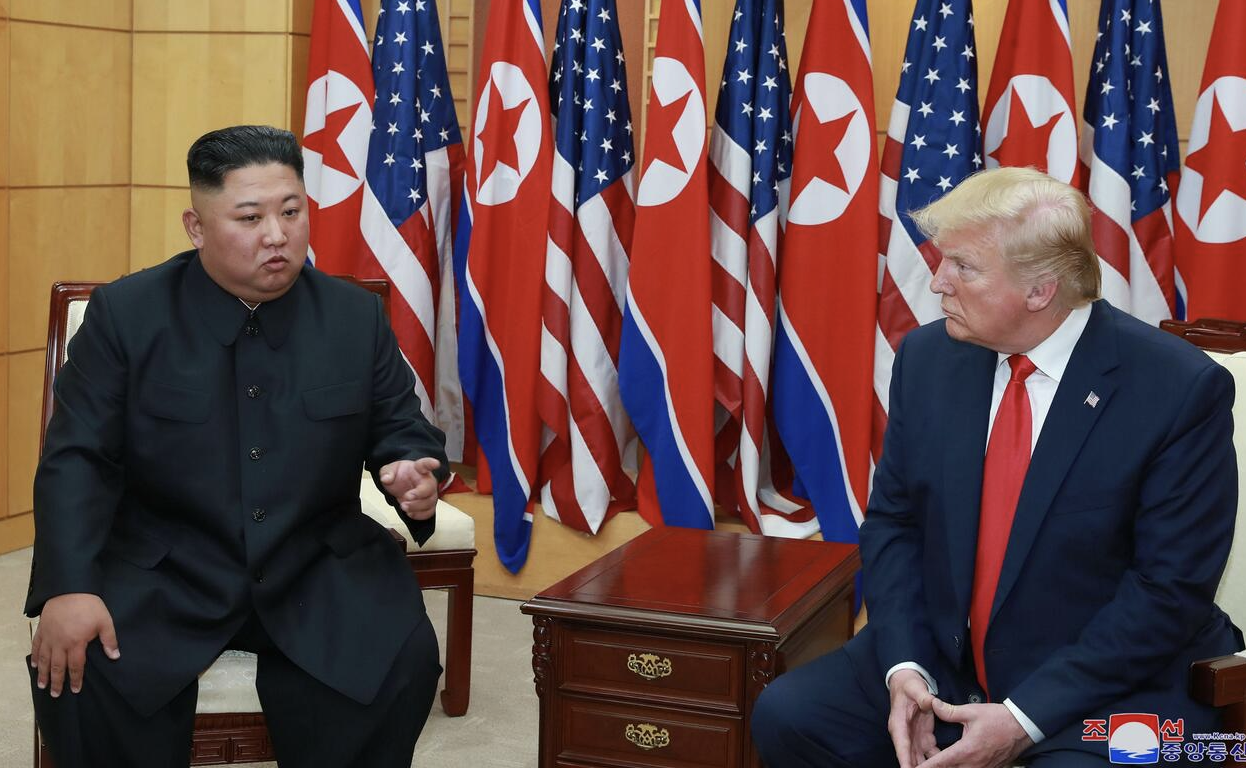





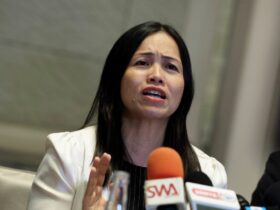

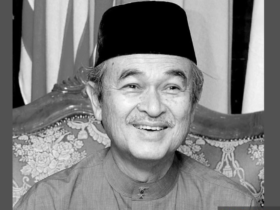

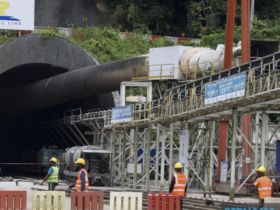
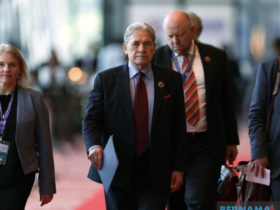
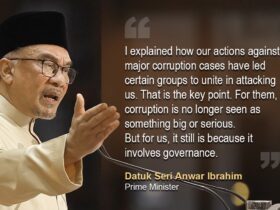
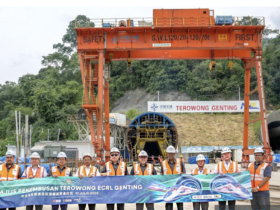
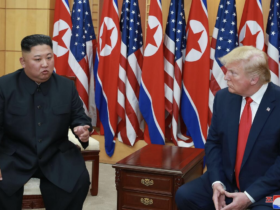
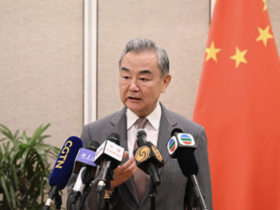

Leave a Reply